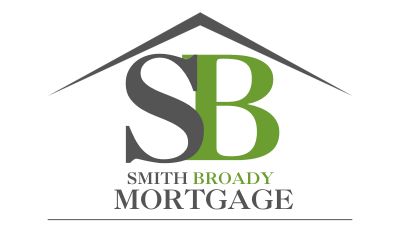Interest Rates in Jeffersonville, IN
Indiana, Kentucky & Florida’s #1 Source For Your Mortgage Needs
Interest Rates
It’s true that lower interest rates can mean significant savings over the life of your mortgage.
Interest rates can be influenced by several of factors, and determining the best rate can be a balancing act. Knowing what mortgage options are available to you and what factors are impacting your interest rate will help you make the right choice. We are always here to provide a clearer picture of your interest rate & mortgage product options.
Mortgage interest rates are largely dictated by the market performance, but there are other factors that influence YOUR RATE.
In addition to market performance, home loan interest rates are influenced by six major factors:
- loan amount
- loan type
- loan duration
- discount points
- closing costs
- credit score
Loan Amount
Lower loan amounts are often as seen as just as risky in the lender’s eyes as very high loans. There are minimum costs associated with all loans, regardless of the loan size. Therefore they charge borrowers a percentage of the loan amount in what’s known as “origination fees” or surcharges. Because the profit margin on a smaller loan is already low, point surcharges on lower loans must be higher to protect the lender from forfeiting money. By increasing the mortgage rate on the loan, these costs are “rolled into the loan” without requiring the borrower to pay the surcharge fee up front. So, what does all that mean for you as a borrower? It means that a very small loan might have additional fees.
High loans (or “jumbo” loans) offer banks a larger potential profit margin, but present greater risk. Due to their size, these loans are harder to fund and sell, which typically cost the lender more money in the long run. For this reason, large loans also have high interest rates to offset the cost and risk to the lender. In other words, if the loan is too large, it could inflate your interest rate.
Interest rate changes of a fraction of a percent are more significant when the loan value is greater. Do the math to make sure you understand the long- and short-term cost of your interest rate to you.
Loan Type
Conventional loans have two main varieties to consider: fixed-rate mortgages and adjustable rate mortgages, or ARMs. Here’s the basics you should know:
Fixed-rate mortgages, offer the same interest rate for the duration of their mortgage.
ARMs often start out at a low fixed-rate but are later adjusted at regular intervals based on market conditions. Though ARMs begin lower, they volatile because interest rates will change periodically and alter recurring costs.
Fixed-rate mortgages are typically higher, but offer greater stability and predictability. Interest rates and rent prices continue to climb, so many people are looking to lock-in a fixed-rate mortgage to keep their monthly payment consistent.
Loan Duration
The shorter loans (10 or 15 years) are less risky for the lender, which is reflected with lower interest rates. Longer loans (25 or 30 years) ask the lender to take on more risk and typically have higher interest rates.
A shorter loan means you’ll have to pay more per payment as opposed to making smaller payments over a longer duration. If that explanation is making your head spin, you’re not alone .. give us a call and we’ll work through the numbers with you!
Discount Points
Have you heard of mortgage points before—here’s where they come into play. Discount points can be purchased from the lender to lower the interest rate on your mortgage. A single point costs (1%) one percent of your mortgage total. This reduces the cost of your recurring payments. Buying points equates to paying interest up front—a strategy that has great savings with longer loan durations. Think of it as putting more money down, if you can afford to purchase more mortgage points upfront, you’ll save a good chunk of change down the road.
Closing Costs
Closing costs vary by state and even by county is some states. Services like loan origination, appraisal, title fees, and insurance premiums are included. On average closing costs amounts to a few thousand dollars due at the time of the closing. If, you opt for a no-closing-cost mortgage, your interest rate will increase to cover these initial costs over the lifespan of the loan.
Lack the funds to pay closing costs and/or plan on selling the home in a short time period, a no-closing-cost mortgage may be the best option for you. If you have the means and plan to live in your home long-term, you’ll likely save more by paying closing fees up front.
Credit Score
The higher your credit score, the lower your interest rate … the lenders trust you to pay them back, as you’ve paid others back historical. If you have a lackluster credit history and lower overall score, then you represent a greater risk to the lender. Lower credit scores are met with higher interest rates.
If you have less than perfect credit, don’t worry! There are still many lending options for you!
Give us a call at 812-941-0926 and we can discuss next steps with you!
"Home Ownership Is The Cornerstone of a Strong Community"
Rick Renzi


